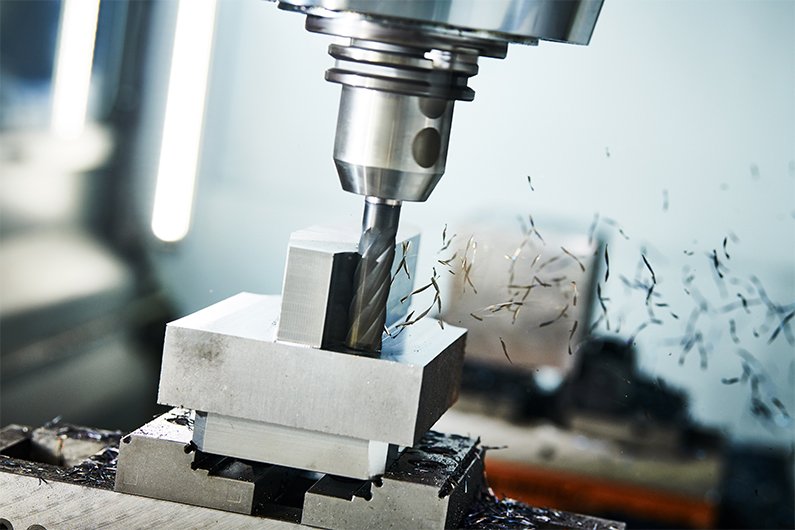Magnesium alloys are well-known for being the lightest structural alloys [1].
They are made of magnesium, the lightest structural metal, mixed with other metal elements to improve the physical properties. These elements include manganese, aluminium, zinc, silicon, copper, zirconium, and rare-earth metals [2].
Some of magnesium’s favourable properties include low specific gravity and a high strength-to-weight ratio. As a result, the material lends itself to a range of automotive, aerospace, industrial, electronic, biomedical, and commercial applications
Properties and advantages  Applications
Applications
Magnesium alloys cover a wide array of applications, from automotive and aerospace applications to electronic and biomedical uses.
Structural applications Automotive, aerospace, industrial, and commercial applications are examples of structural applications. The advantage of magnesium alloys to be used in such applications is their light weight, high strength-to-weight ratio, high stiffness-to-weight ratio, castability, machinability, and great damping [4].
السيارات: support brackets for brakes and clutch, housing for transmission
Aerospace: landing wheels, helicopter rotor fittings, gearbox housings
Industrial: high-speed operating machinery, such as textile machines
Commercial: luggage, hand tools, computer housings, ladders
Electronic applications Electronic applications include electronic packaging, hard drive arms, cell phone and portable media device housings. Magnesium alloys are being used instead of plastics due to their light weight, strength and durability. They also are relatively better for heat dissipation and protection against electromagnetic and radio frequency interference [5].
Medical applications Portable medical equipment and wheelchairs that require light material make good use of magnesium alloys. Also, cardiovascular stents and orthopaedic devices are potential applications of some magnesium alloys due to magnesium’s biocompatibility and bioabsorbability [4].









 0086-750-5616188
0086-750-5616188 +86 13392089688
+86 13392089688 sales@zhongmei-tech.com
sales@zhongmei-tech.com









